The North Shore by Ben Tufnell
This could be the start of a mystery thriller, but the man never speaks and we don’t discover where he came from. You could call it a mysticalery as, before we’re told how things get worse, there’s a section of fragments that read as part myth, part memoir, about the merging of land and sea, and of plant and animal life.
It’s an easy read, with some lovely sentences, and the concept lingers in the mind, but don’t come to The North Shore for the plot. The publishers – Fleet who provided my advance proof copy – describe it as perfect for fans of Daisy Johnson, Max Porter and Fiona Mozley, none of whom I’ve read.
Alone by Carlotta Gurt translated by Adrian Nathan West
Solitude is great within reason, but don’t hermits go slightly mad? As I know only too well, absorption in the fictional world is a double-edged sword, blurring the boundary between reality and fantasy. Add in a pinch of grief and paranoia and we have a vivid novel about the human dilemma of balancing inside and outside, privacy and connection, civilisation and the wild. Thanks to publishers Europa editions for my first translation from Catalan.
A Burning by Megha Majumdar
But Jivan is also a Muslim, a community scapegoated in contemporary India. When she’s spotted in the vicinity of a terrorist attack on a train, she’s arrested and charged with murder. Lovely is willing to testify in her defence, but who would believe a hijra[1] when a schoolteacher attests to Jivan’s dodgy character?
This powerful and page turning novel about injustice and political corruption is the best book I’ve read so far this year. The scenes in which the poor and uneducated are bribed to attend political rallies reminded me of my first contact with Hindu nationalism in rural Maharashtra one Christmas in the 1980s – although there wasn’t the violence at the event I witnessed – but it could equally apply to populist politics anywhere, especially the USA.
A Burning is published by Scribner in the UK and I borrowed my copy from the local library.
[1] See these posts for reviews of other novels about India's third gender:
https://annegoodwin.weebly.com/annecdotal/two-novels-about-contemporary-inequalities
https://annegoodwin.weebly.com/annecdotal/two-novels-and-a-short-story-about-marginalised-females
Helping her grandmother with the altar flowers, Susie saw a vision of her future. From that day onwards, she wore the colours of rudbeckia hirta: custard yellow and dark brown. Her mother envisaged her as a florist in the shopping mall. Her dad hoped she’d be a horticulturist in the glasshouse at Kew. Or perhaps she’d be an apiarist, the bees loved her scent.
In her teens, Susie turned weirder. Sleeping and eating in the garden, however foul the weather. Indoors, she kept her feet in a basin of water. Her destiny to morph into her namesake: a flower.
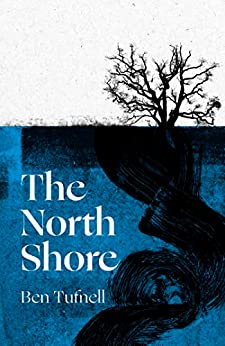
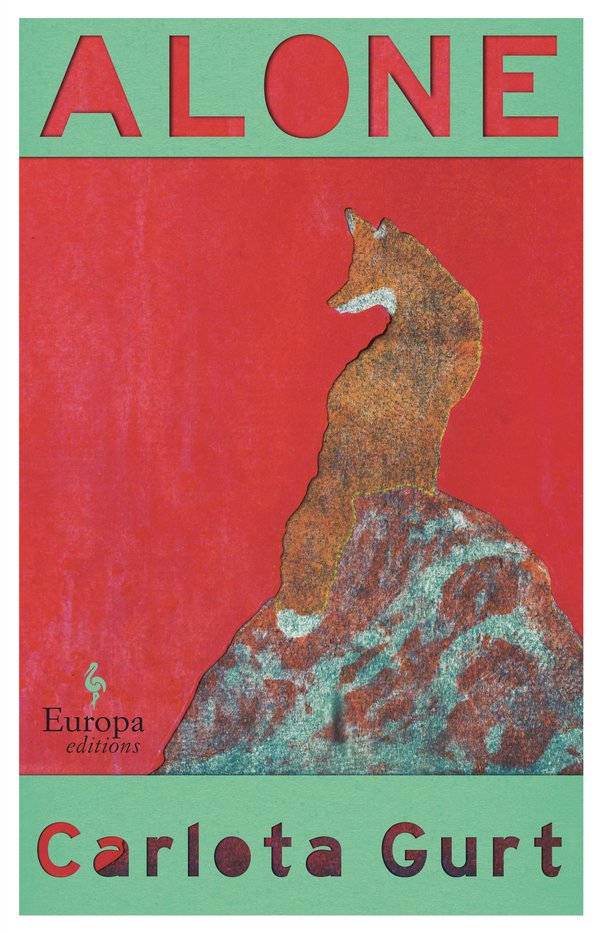
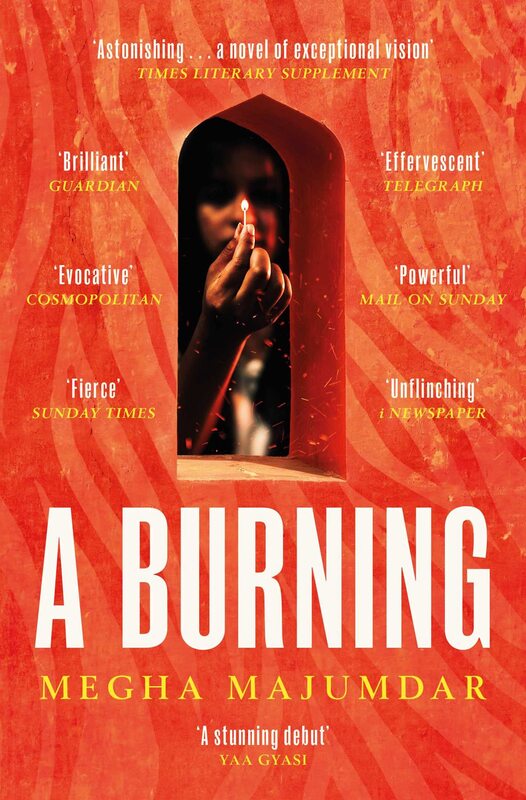
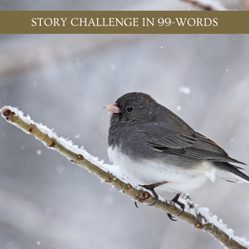
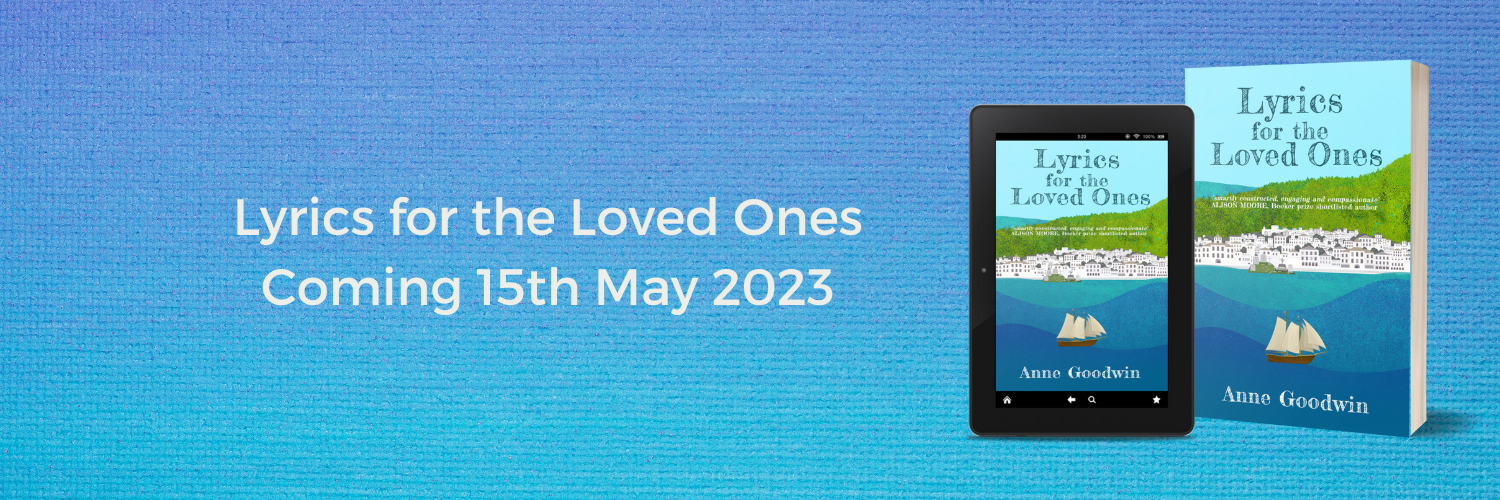





















 RSS Feed
RSS Feed





















